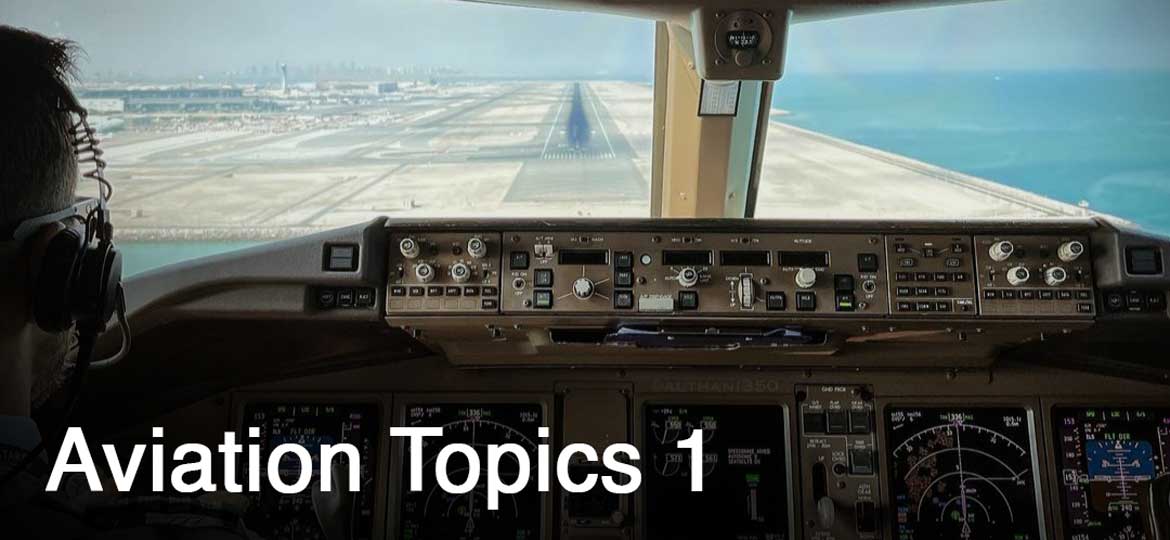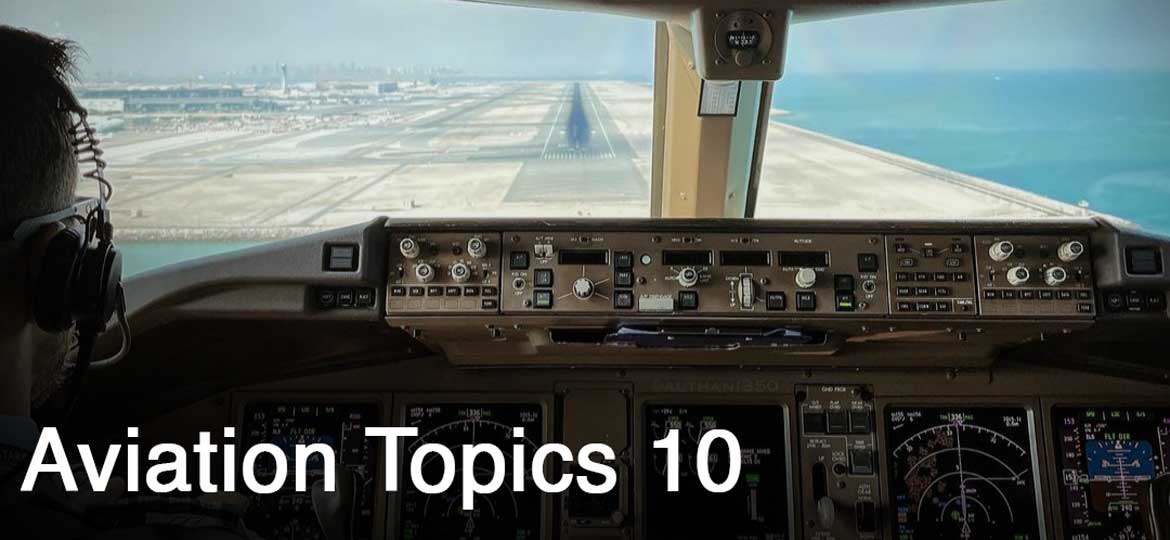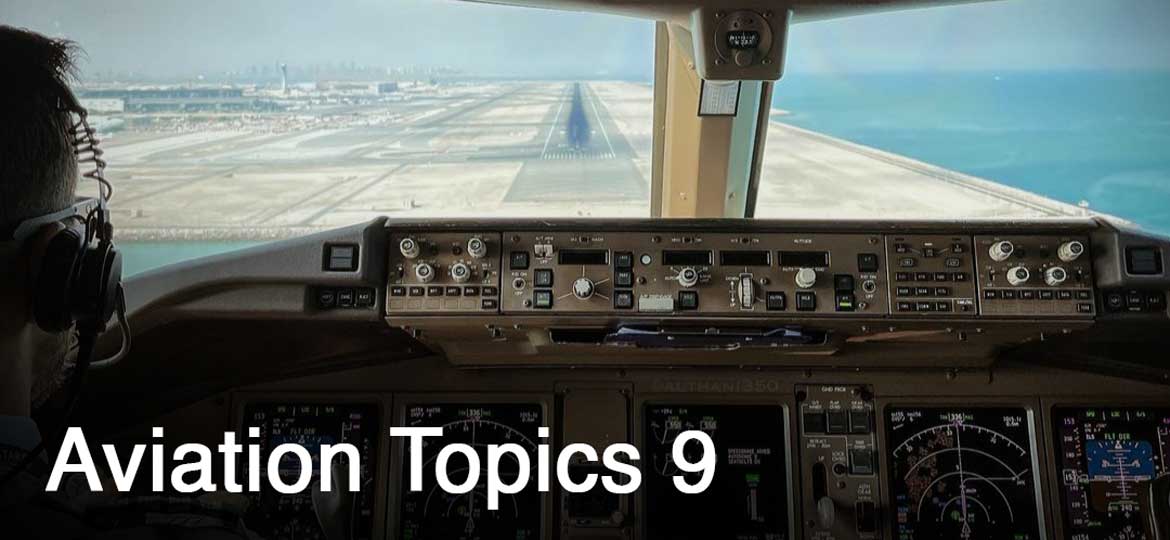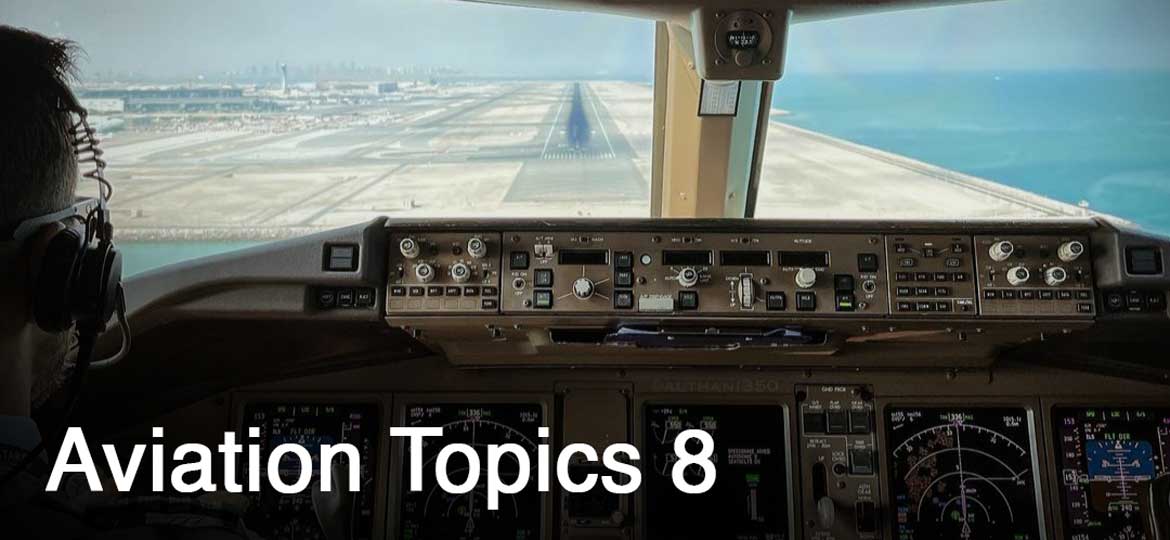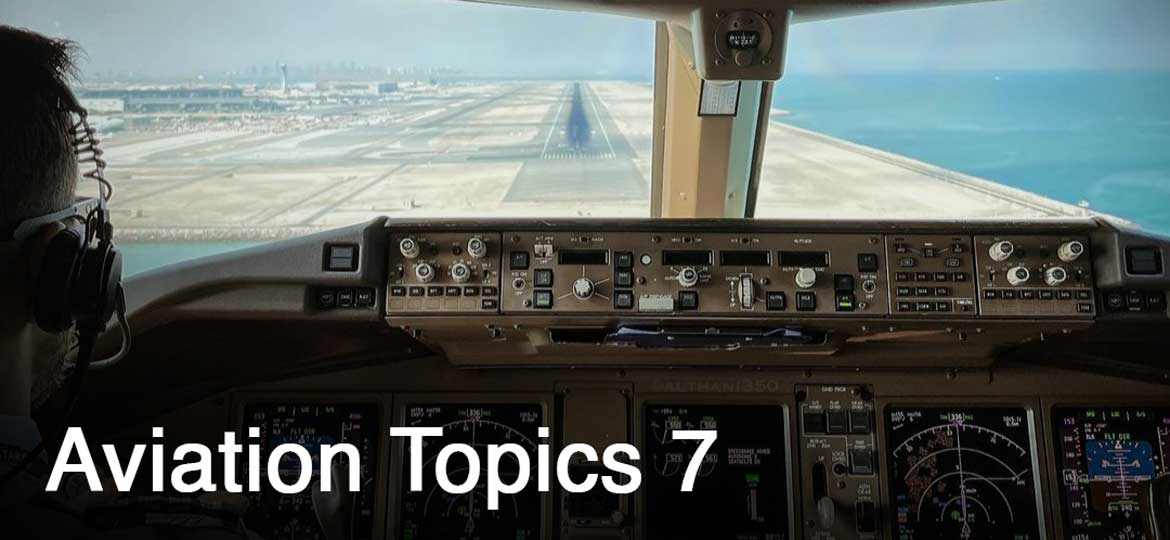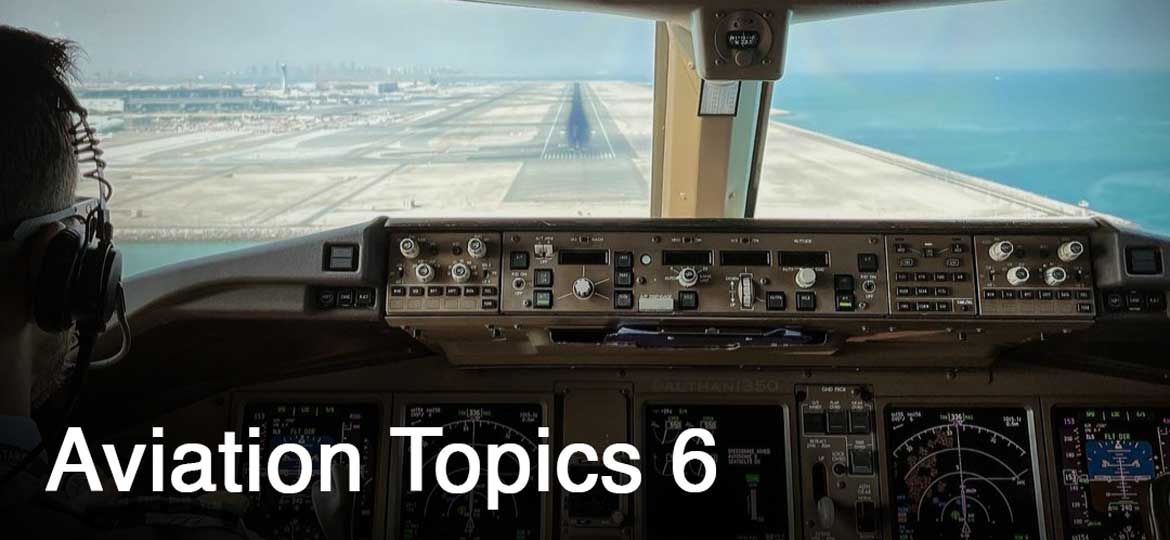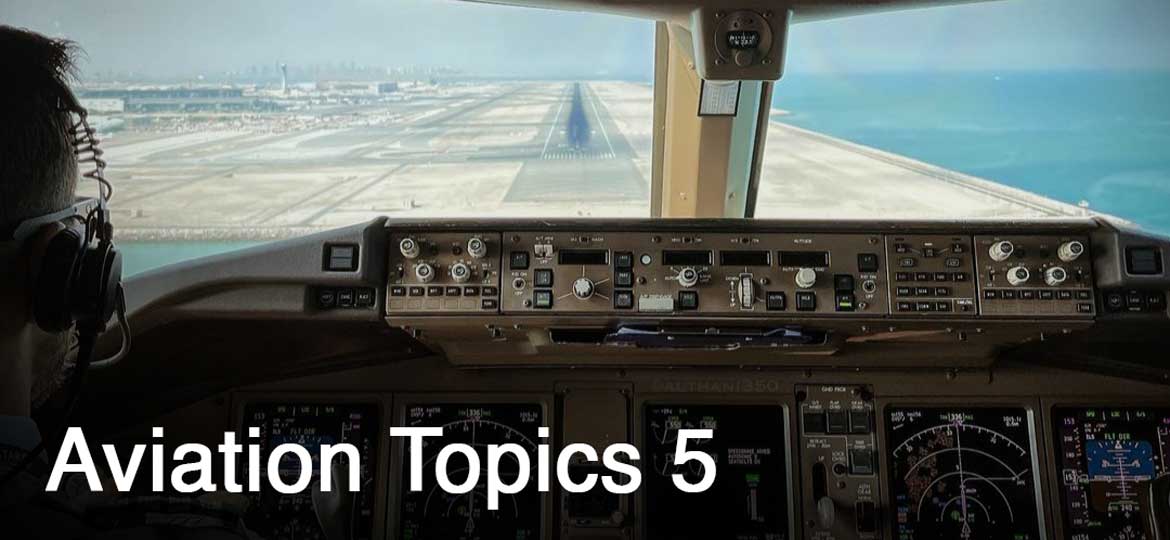Part One: “Aviation Topics”. In this part, you have to answer questions related to aviation. You have one to two minutes for answering each question. Don’t worry if I interrupt you. I’ll tell you when the time is up.
Question 1.1
When do Pilots need to perform an emergency landing?
ICAO 4
Usually pilots need to perform an emergency landing when the aircraft loses one or more engines, in case of hydraulic loss, total electrical failure or also any situation which makes it difficult to keep flying.
ICAO 5
Typically, pilots are required to carry out an emergency landing in the event of engine(s) failure, hydraulic failure, total electrical malfunction, or any other circumstance which renders continued flight impossible.
This skillful maneuver demands prompt and precise decision-making, exceptional airmanship, and a thorough understanding of emergency procedures.
Question 1.2
What will communications between pilots and air traffic controllers be like in ten years?
ICAO 4:
I believe the communications between pilots and air traffic controllers will be almost the same, using text messages via DATALINK for routine communications and voice for non-routine situations.
ICAO 5:
I anticipate that the communications between pilots and air traffic controllers shall remain relatively unchanged, with DATALINK messages being employed for regular communications, and the conventional voice communication reserved for exceptional circumstances.
ICAO 5:
I predict that the communications between pilots and air traffic controllers will largely be via CPDLC – Controller Pilot Data Link Communications – in regular communications, thereby leaving the conventional voice communication reserved for exceptional circumstances only.
however, the conventional voice communication will go through a transition to more advanced digital systems with clearer audio transmission and incorporated data along with the voice, enhancing the efficiency and accuracy of communication.
Question 1.3
What recommendations did your flight instructor give you before your first check ride?
ICAO 4:
My flight instructor told me to put all concentrate on the flight and apply everything I’ve learned during my training. He also recommended me to get calm and focused because I was ready for the check ride.
ICAO 5:
My flight instructor gave me a heads up for me to direct my complete attention towards the flight and proficiently employ all the knowledge and skills I had acquired during my training.
Additionally, he advised me to maintain a composed and attentive state of mind, as I was suitably prepared for my first check ride.
Question 1.4
Examiner
Why pilots need to have a medical certificate? How is it conducted?
ICAO 4:
Pilots need to have medical exams in order to contribute for the flight safety and to ensure they are physically and mentally fit for the flights in order to avoid pilots incapacitation.
They have to undergo medical exams every year to check their cardiac functions, blood pressure, the teeth health and to take regular exams to check their general health.
ICAO 5:
Pilots are required to go through periodic medical examinations to ensure they are physically and mentally sound, thereby reducing the risk of pilot incapacitation thus enhancing overall flight safety.
These evaluations encompass cardiac function, blood pressure, oral health, psychological health, in short, all these health assessments therein, are carried out annually in order to maintain optimal fitness for the flight.
Se você gostou desse post do Call to Fly, divulgue utilizando os canais de Mídia!!
Abraço!! Rumo ao topo!
Leandro Araujo
